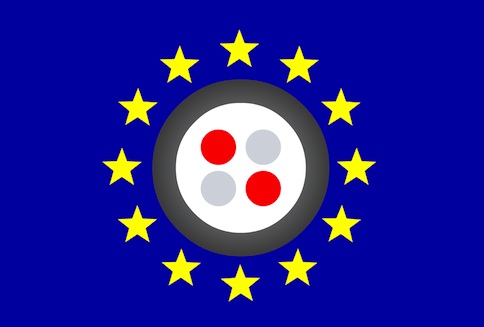Twilio, the upstart software maker of voice and other telephony APIs used by developers in web and mobile apps, is marking another chapter in its European expansion today: the company’s voice API — which lets users make and receive calls through those apps — is now available in Belgium, Finland, the Netherlands and Sweden, bringing the total number of countries supported on this side of the pond up to 10, in addition to the U.S. and Canada.
The news comes in the same week that Twilio announced a strategic partnership with Microsoft that will see the Windows giant offering Twilio voice and text APIs to developers on its Azure cloud platform, and one week after the company announced a significant hire for its European team, James Parton, as a new European VP.
Twilio may soon be adding three more countries to that European list: it says that developers in Italy, Spain and Portugal can also access the API and corresponding local numbers by signing up to its EU Voice Beta program.
The other countries in Europe where Twilio offers services, in addition to the four announced today, are the UK, Austria, Denmark, France, Ireland and Poland.
Twilio’s service is potentially very disruptive for carriers because it is effectively offering developers the very tools that carriers themselves are looking to develop and sell, although carriers have faced two crucial hurdles: their own inability to develop and productize quickly; and preconceptions from developers about working with carriers.
“One of telcos’ biggest challenges is the perception issue, and trying to convince developers and startups to work with them,” James Parton told me last week when we spoke after his hire. “They have a history of over-promising and under-delivering. We overcame some of that with BlueVia but Twilio has been faster.”
Expanding into these countries not only opens the door for Twilio to work with developers in these territories, but also then lets Twilio offer other developers a more complete portfolio of countries in which the use of their Twilio APIs can be supported.
But with now 12 countries supported by Twilio, that points also to how much more growth Twilio will need to become truly ubiquitous — along the lines of what an average tier-one carrier, or even Skype, provides.
